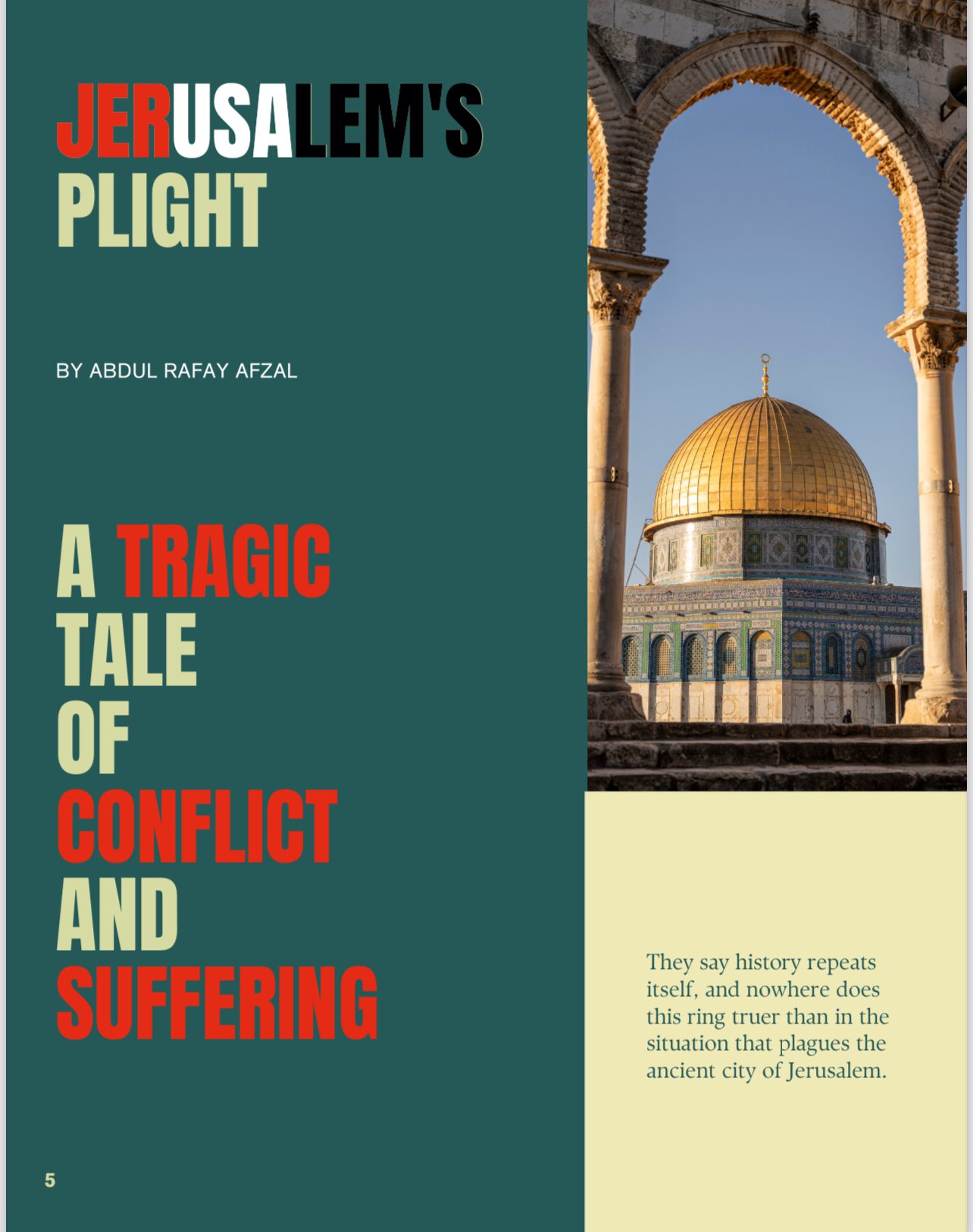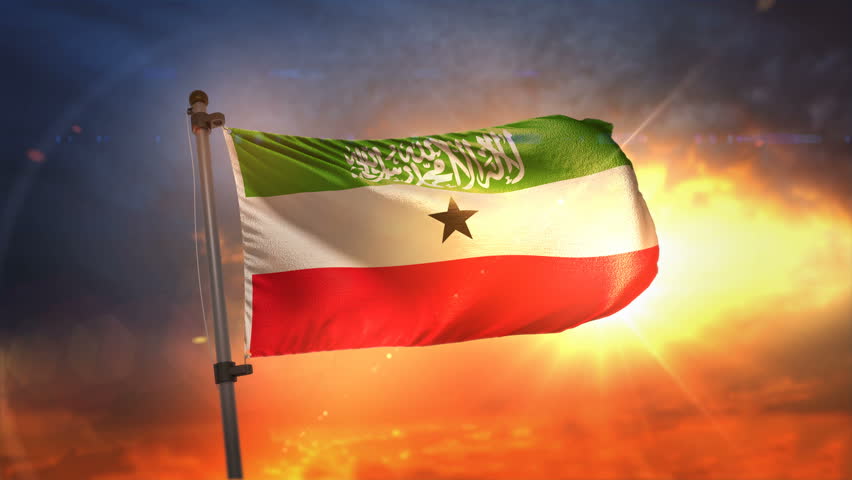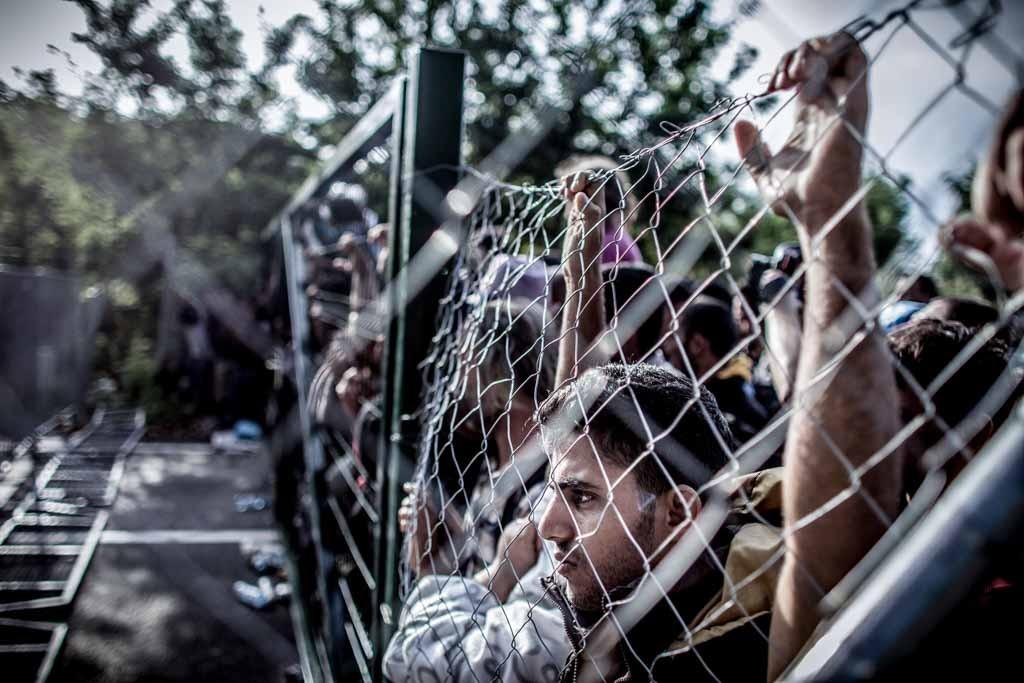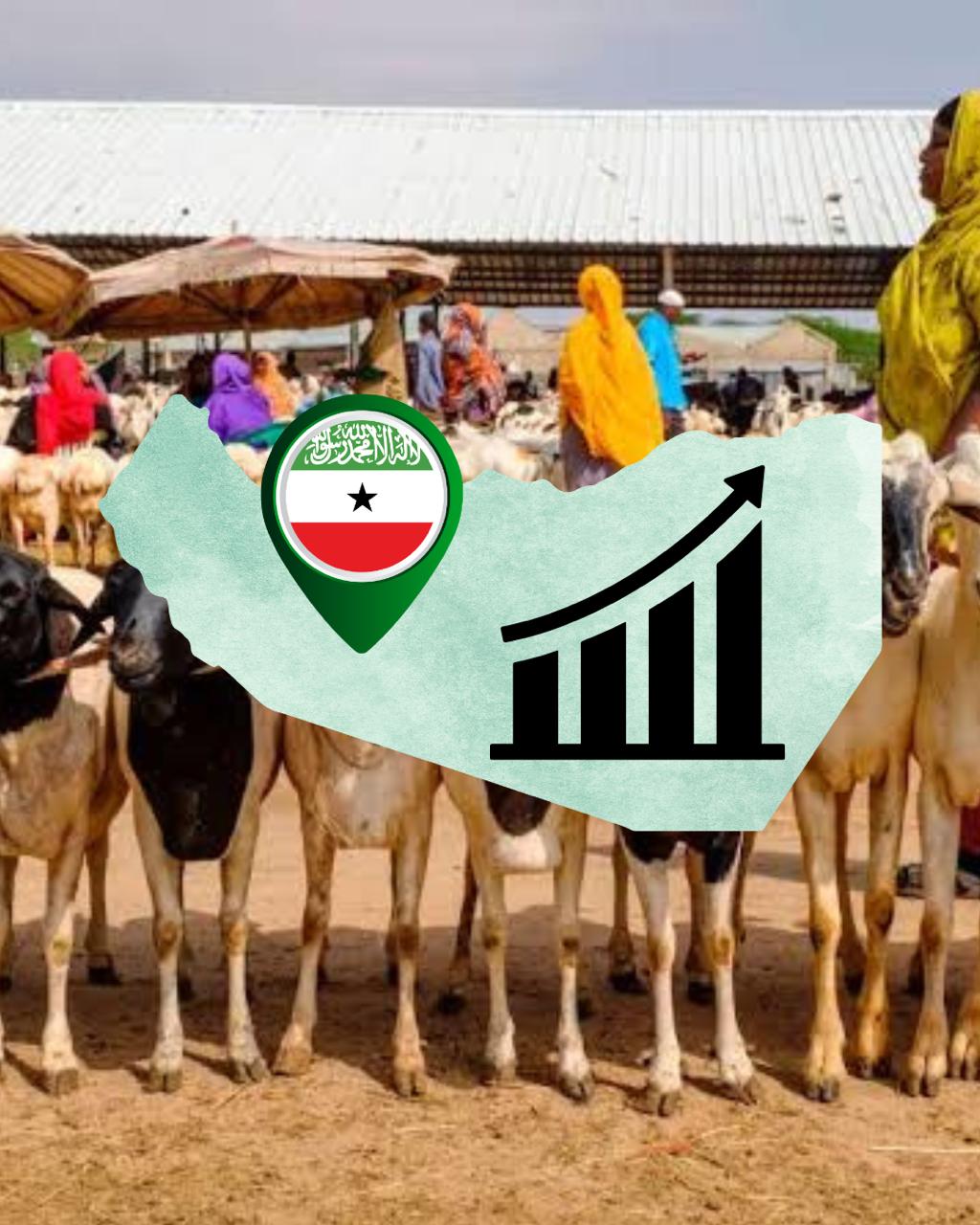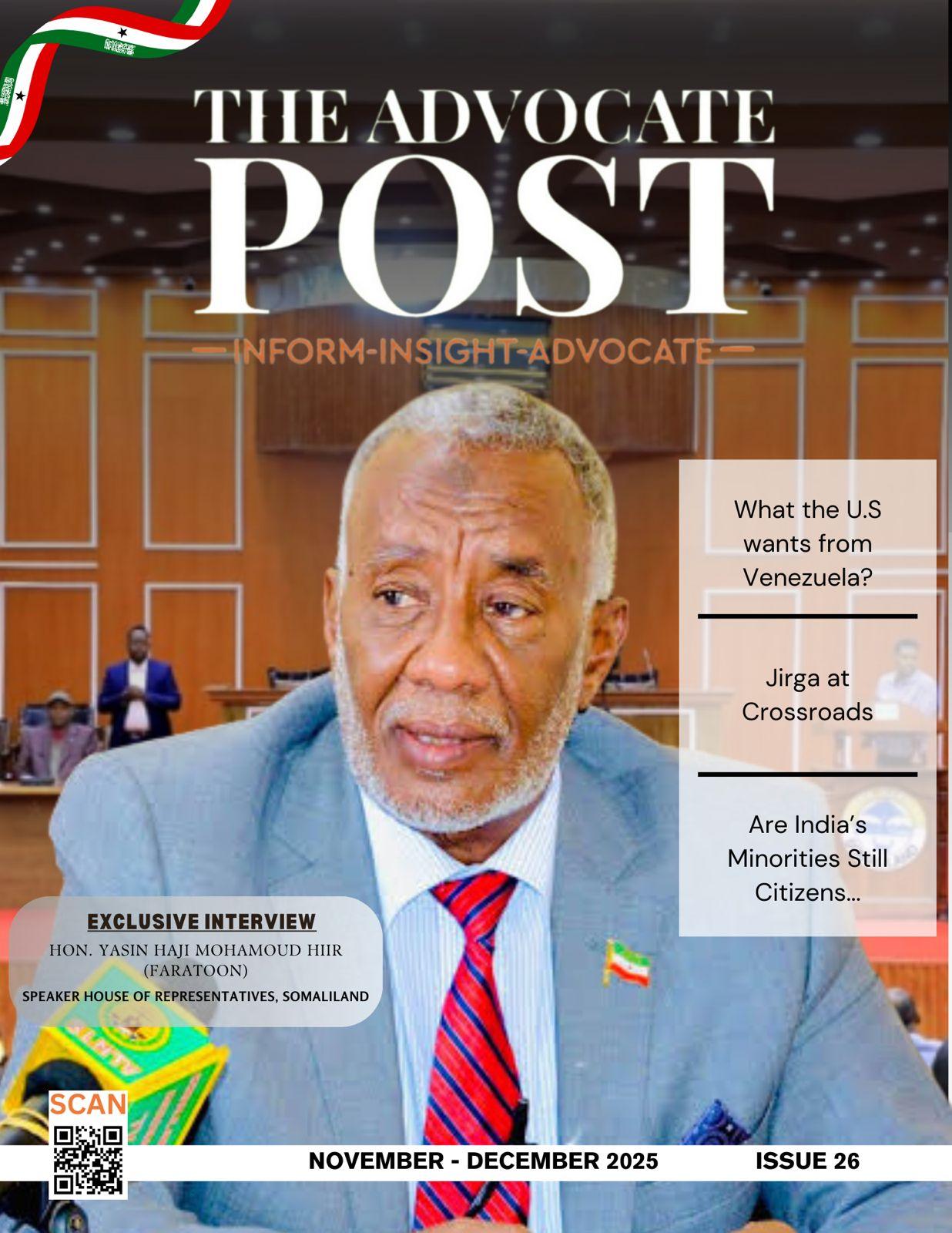By Abdul Rafay Afzal (Editor in Chief/Founder)
They say history repeats itself, and nowhere does this ring truer than in the situation that plagues the ancient city of Jerusalem.
Spending an afternoon poring over the records of their past leads one to form a solemn understanding of their tale, recognizing that this conflict between Muslims and Jews has been centuries in the making.
From the accounts of biblical times to the Islamic conquests and the Crusades, it becomes apparent that Jerusalem has consistently found itself at the center of religious frictions. It isn’t difficult to imagine the deep significance these lands hold for both communities; holy sites encourage passionate beliefs and stir powerful emotions.
However, it wasn’t until the events of the early 20th century that the foundations for the present conflict were laid. The British, ever the architects of the modern world, inadvertently infused this pot with their far-reaching Balfour Declaration in 1917. As they whispered sweet promises of a homeland for the Jewish people, the Arab population already inhabiting Palestine glanced warily at their new neighbors, fearful of what their arrival could mean.
The Nakba, or “catastrophe,” hangs over the Palestinians like a permanent dark cloud, marking their exodus and displacement in the wake of the 1948 Arab-Israeli war. Years of conflict and territorial division have only served to deepen this wound, as Palestinians find their ability to heal and rebuild consistently denied.
It is impossible to ignore the cruelty of the Zionist regime in Tel Aviv, as they sneak into the story with the subtlety of a snake, slithering through the cracks of contested lands. Under a veneer of self-defense, they gobble up territory and livelihoods, meting out a systematic repression that has drawn the condemnation of the international community.
And so, we return to the ever-present debate: does Israel have the right to self-defense? This burning question ignites fierce arguments that dance along the fine line between justified protection and excessive violence. But to find the answer, perhaps we should look into the eyes of the oppressed and ask ourselves what it means to live a life defined by decades of cruelty and suffering. The answer is not difficult to find. The Palestinians are a people who
have been stripped of their agency, dehumanized and reduced to a statistic. They are an oppressed minority, living under the heel of military occupation for almost 50 years. For them, self-defense means simply surviving another day
-hunger can no longer be considered a choice when you’ve gone without food for three days straight; nor can the freedom to travel freely when your hometown has been blockaded by Israeli forces. The answer is not difficult to find. The Palestinians are a people who have been stripped of their agency, dehumanized and reduced to a statistic. They are an oppressed minority, living under the heel of military occupation for almost 50 years. For them, self-defense means simply surviving another day-hunger can no longer be considered a choice when you’ve gone without food for three days straight; nor can the freedom to travel freely when your hometown has been blockaded by Israeli forces.
let us not forget the tragic tale of Jerusalem. For, even if history has the tendency to repeat itself, we must hold on to hope that the chapters of conflict and suffering will one day give way to a resolution—a truth that both sides deserve.
Author is from Lahore, Pakistan currently a law student at LJMU, UK. He is the Editor in Chief of The Advocate Post He writes on geopolitics, international relations, and legal affairs etc. in more than 8 countries in English & Urdu languages.
Author can be reached at rafayafzal555@gmail.com
Instagram: @arafzal555

